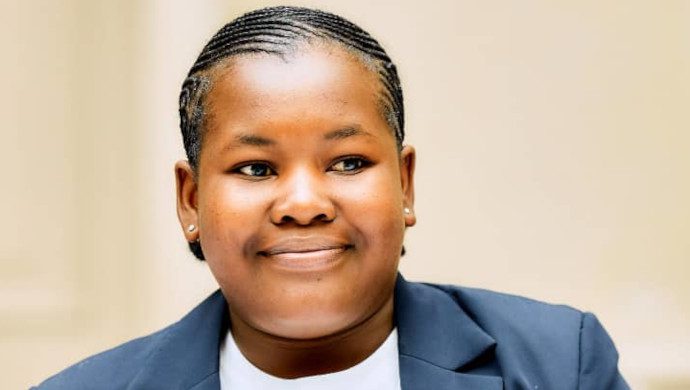A better banana and a less-toxic cassava, childhood vaccines hidden in spores and drunk with fruit juice, mice that develop AIDS and many other exotic dreams of public health scientists will share 437 million US dollar (2,66 milliarder DKR) in grant money, the William and Melinda Gates Foundation announced Monday, according to the World Bank press review.
The 43 projects were the winners of a competition announced by Gates two years ago to find new ways to attack the greatest health challenges facing people in poor countries; the contest attracted 1.500 proposals from 70 countries.
The foundation, which in just a few years has become one of the driving forces in global health, has in the past given grants of 1,5 billion dollar to help existing vaccines reach more of the worlds children, 150 million dollar to find a malaria vaccine, 127 million to find an AIDS vaccine and 200 million to stop the spread of AIDS in India.
In this case, the 14 goals that the foundation wanted scientists to pursue included:
– vaccines that need no refrigeration and can be given without needles;
– vaccines that create immunity with one dose and are safe for newborns;
– new ways to kill or cripple mosquitoes;
– more nutritious staple crops;
– better animal models for human diseases;
– blood tests that can be done in villages without electricity; and
– new ways to attack diseases like tuberculosis and hepatitis when they are dormant.
As part of receiving a grant, the researchers are allowed to patent anything they invent, but they must guarantee that it will be made available to poor countries at low cost or free.
The 14 challenges were chosen from more than 1.000 suggestions from scientists and health experts around the world. Although science constantly expands its knowledge of disease and medicine, (medical) triumphs tend to help the rich world.
Global health experts talk of the “10:90 gap”, in which 10 percent of spending on health research and development addresses the needs of the 90 percent of the worlds population which is the poorest and least healthy.
Rick Klausner, executive director of the global health program of the Gates Foundation said he thought the 43 projects being funded will “bring to bear extraordinary brilliance” on difficult and neglected problems.
Kilde: www.worldbank.org














